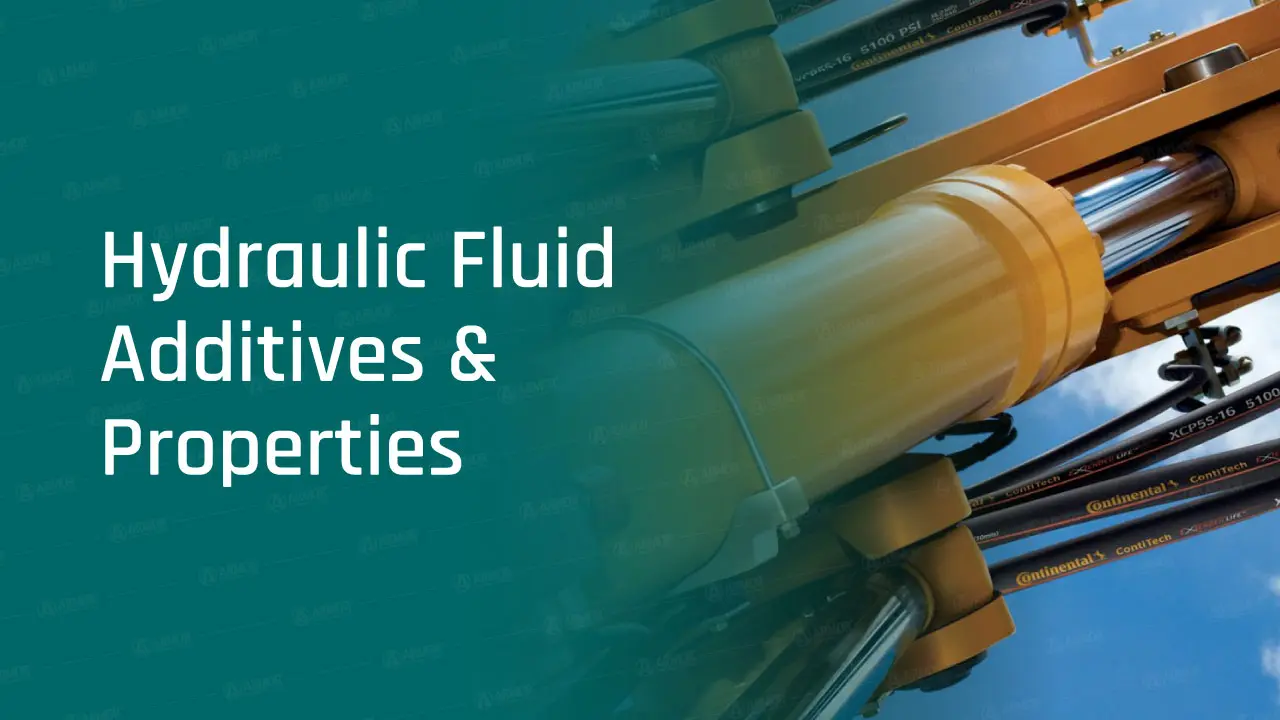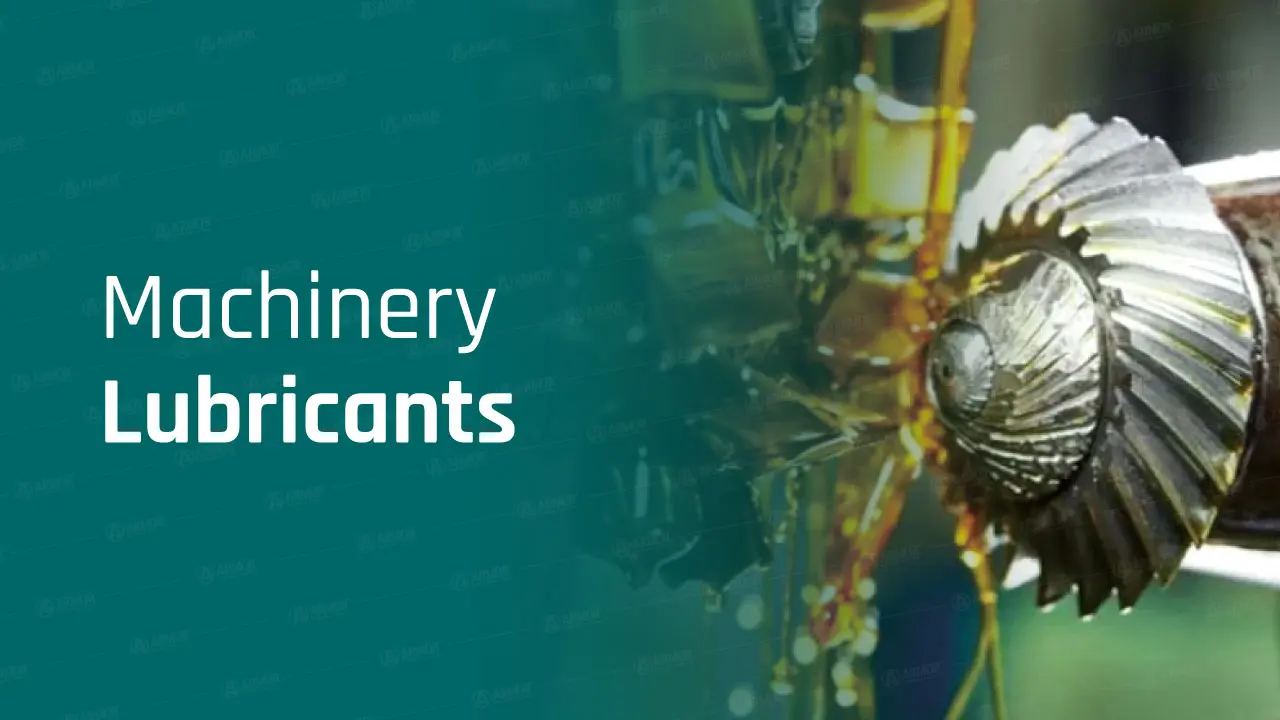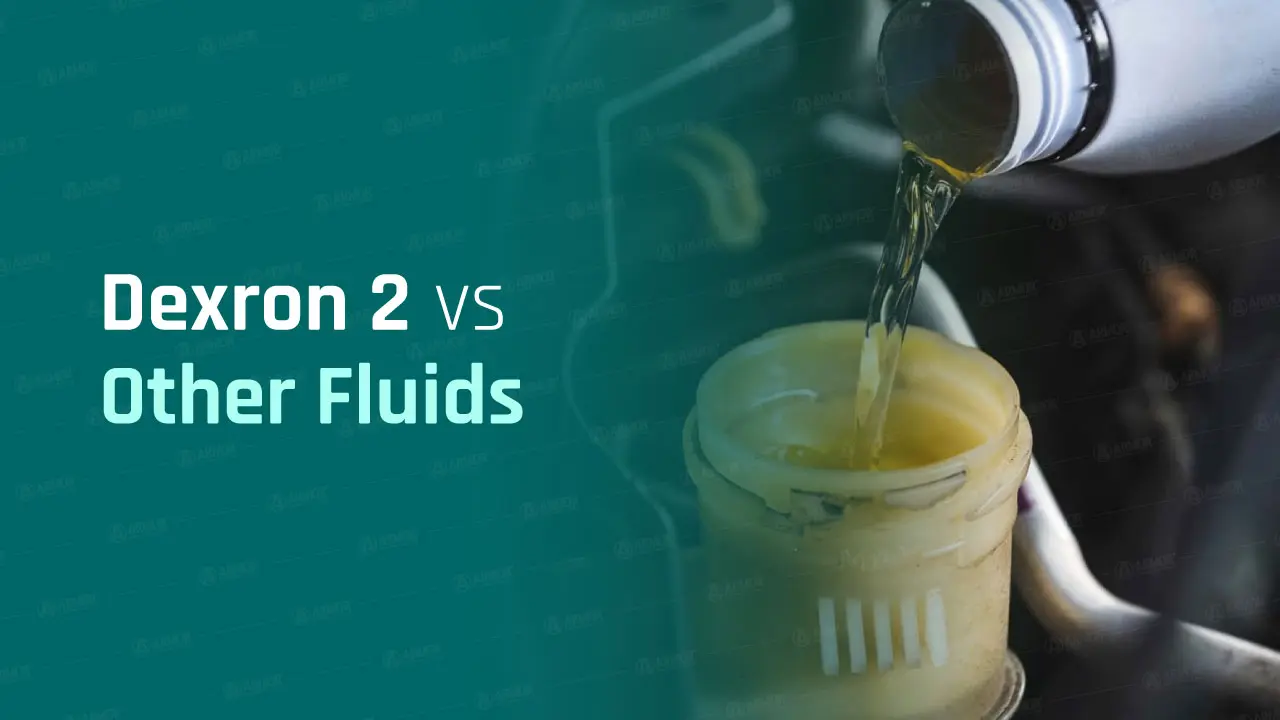Recognizing Gearbox Problems
Signs of Gearbox Problems
Understanding the initial signs of gearbox problems can help you address issues before they escalate. Unusual noises, such as grinding, whining, or clunking sounds, often indicate internal gearbox problems. These noises can result from worn bearings, gears, or other components. Difficulty shifting gears is another common gearbox problem symptoms.
If you experience resistance, grinding, or the inability to change gears smoothly, it may point to internal damage or wear. Leaking fluids around the transmission area is a critical sign. Transmission fluid is essential for lubrication and cooling, and any leakage can lead to significant damage if not promptly addressed.
Common Warning Indicators
Modern vehicles are equipped with various indicators that alert you to potential gearbox problems. The check engine light is one of the most common and can illuminate for various reasons, including transmission issues. While it may not specify the gearbox directly, it’s a signal that something within the system requires attention. Transmission slipping, where the gearbox unexpectedly shifts gears, is another indicator of potential problems. This can occur due to worn clutch plates or low transmission fluid. Delayed gear engagement is another warning sign. If there’s a noticeable delay when shifting from park to drive or reverse, it could indicate an internal gearbox issue.
Initial Diagnostic Steps
When suspecting gearbox problems, begin with basic diagnostic steps to pinpoint the issue. Conduct a visual inspection for any obvious signs of wear or damage. Look for leaks, damaged components, or worn-out parts. Next, perform a fluid level check. Low transmission fluid can cause a variety of problems, from overheating to inefficient gear shifting. If the fluid is low, it’s crucial to identify and fix the cause of the leak. Additionally, listening for unusual sounds while the vehicle is in operation can help identify the source of the problem. Each sound can indicate a different issue, whether it’s related to gears, bearings, or other internal components.
Mechanical Gearbox Problems
Worn Clutch Plates
Worn clutch plates are a common mechanical problem in gearboxes, particularly in manual transmissions. Identifying and addressing this issue promptly can prevent further damage.
Symptoms of Clutch Wear
- Slipping Clutch: The engine revs but the vehicle doesn’t accelerate accordingly.
- Burning Smell: Overheating due to slipping can produce a distinct odor.
- Difficulty Shifting: Hard to change gears, especially into first or reverse.
Causes of Clutch Deterioration
- Aggressive Driving: Frequent hard shifting or rapid acceleration can wear out the clutch faster.
- Overloading: Hauling heavy loads can put extra strain on the clutch.
- Poor Maintenance: Failing to regularly check and maintain clutch components.
Replacement Process
- Remove the Transmission: Access the clutch assembly by detaching the gearbox.
- Replace Clutch Disc and Pressure Plate: Install new components to ensure proper function.
- Reassemble and Test: Reattach the transmission and test drive to confirm smooth operation.
Gear Slippage
Gear slippage can severely impact driving performance and safety. Understanding its causes and solutions is essential for maintaining your gearbox.
Identifying Gear Slippage
- Unexpected Shifts: Gears change without input, often slipping into neutral.
- Loss of Power: The vehicle may lose power, especially during acceleration.
- High Engine Revs: The engine revs increase without corresponding speed gain.
Common Causes
- Low Transmission Fluid: Insufficient fluid can lead to inadequate lubrication and gear slippage.
- Worn Gears: Over time, gears can wear out, losing their ability to engage properly.
- Faulty Solenoids: Malfunctioning solenoids can disrupt fluid flow and gear engagement.
Repair Techniques
- Fluid Top-Up or Replacement: Ensure proper fluid levels and replace old or contaminated fluid.
- Gear Replacement: Install new gears if wear and tear are evident.
- Solenoid Repair: Fix or replace faulty solenoids to restore proper function.
Grinding Gears
Grinding gears is a clear indication of internal gearbox problems. Addressing it promptly can prevent further damage.
What Causes Grinding Gears
- Misaligned Gears: Improper alignment can cause gears to grind against each other.
- Worn Synchronizers: Synchronizers help match gear speeds; worn ones can cause grinding.
- Insufficient Lubrication: Lack of proper lubrication increases friction and grinding.
Impact on Gearbox
- Increased Wear: Grinding accelerates wear and tear on gears and other components.
- Potential Gear Failure: Continuous grinding can lead to gear breakage or failure.
- Costly Repairs: Delaying repairs can result in more extensive and expensive damage.
How to Address Grinding Issues
- Realign Gears: Properly align gears to eliminate grinding.
- Replace Synchronizers: Install new synchronizers to ensure smooth gear transitions.
- Improve Lubrication: Regularly check and maintain appropriate fluid levels to reduce friction.
Hydraulic and Fluid-Related Problems
Leaking Transmission Fluid
Leaking transmission fluid is a common issue that can lead to serious gearbox problems if not addressed. Recognizing and fixing leaks is crucial for maintaining your car gearbox.
Identifying Fluid Leaks
- Puddles Under the Vehicle: Red or brown fluid pooling beneath the car.
- Low Fluid Levels: Consistently low transmission fluid despite refills.
- Burning Smell: Leaking fluid can overheat and burn, producing a distinctive odor.
Causes of Fluid Leaks
- Damaged Seals or Gaskets: Wear and tear can cause seals and gaskets to fail.
- Cracked Transmission Pan: Physical damage to the pan can lead to leaks.
- Faulty Transmission Lines: Corrosion or damage to fluid lines can cause leaks.
Fixing Fluid Leaks
- Seal and Gasket Replacement: Install new seals and gaskets to prevent leaks.
- Repair or Replace Pan: Fix or replace a damaged transmission pan.
- Transmission Line Repair: Address issues with the fluid lines, replacing them if necessary.
Contaminated Transmission Fluid
Contaminated transmission fluid can significantly impair the performance of an automatic transmission. Regular checks and maintenance are key.
Symptoms of Contamination
- Dark, Murky Fluid: Healthy transmission fluid is typically bright red; contamination darkens it.
- Strange Noises: Contaminated fluid can cause whining or grinding noises.
- Poor Gear Shifting: Sluggish or erratic gear changes indicate fluid issues.
Effects on Gearbox Performance
- Increased Friction: Contaminants increase friction, causing overheating and wear.
- Reduced Lubrication: Contaminated fluid fails to lubricate parts effectively.
- Component Damage: Prolonged exposure to contaminants can damage internal components.
Fluid Replacement Guidelines
- Regular Fluid Changes: Follow manufacturer guidelines for fluid change intervals.
- Use Quality Fluid: Always use the recommended type and quality of transmission fluid.
- Flush the System: Periodically flush the system to remove contaminants and ensure clean fluid.
Low Transmission Fluid Levels
Maintaining proper fluid levels is essential for the efficient operation of your car gearbox. Low fluid levels can lead to a variety of problems.
Detecting Low Fluid Levels
- Delayed Gear Engagement: Slow response when shifting from park to drive or reverse.
- Overheating Transmission: Insufficient fluid can cause the transmission to overheat.
- Erratic Shifting: Unstable or unpredictable gear changes indicate low fluid levels.
Causes of Fluid Loss
- Leaks: The most common cause of low fluid levels.
- Overheating: Excessive heat can cause fluid to break down and evaporate.
- Wear and Tear: Over time, seals and gaskets may degrade, leading to fluid loss.
Refilling and Maintenance Tips
- Regular Checks: Frequently check fluid levels and top up as needed.
- Address Leaks Promptly: Fix any leaks to prevent further fluid loss.
- Scheduled Maintenance: Follow a routine maintenance schedule to keep the transmission in top condition.
Electronic and Sensor Issues
Faulty Transmission Sensors
Transmission sensors play a critical role in the smooth operation of your car gearbox. When these sensors fail, it can lead to various performance issues.
Types of Transmission Sensors
- Speed Sensors: Measure the speed of the input and output shafts.
- Position Sensors: Detect the position of gear selector mechanisms.
- Temperature Sensors: Monitor the transmission fluid temperature.
Symptoms of Sensor Failure
- Erratic Shifting: Unexpected or harsh gear changes.
- Warning Lights: Transmission warning lights appearing on the dashboard.
- Poor Performance: Reduced fuel efficiency and power loss.
Replacement Procedures
- Diagnostic Testing: Use a diagnostic tool to identify faulty sensors.
- Sensor Replacement: Remove and replace the defective sensor with a new one.
- System Reset: After replacement, reset the transmission control system to clear error codes.
Transmission Control Module Problems
The transmission control module (TCM) is vital for the coordination of your car gearbox. Problems with the TCM can severely affect vehicle performance.
Role of the Control Module
- Gear Shifting: Manages the timing and smoothness of gear shifts.
- Transmission Protection: Monitors and protects against overheating and overloading.
- Data Communication: Interfaces with other electronic control units in the vehicle.
Signs of Module Failure
- Stuck in Gear: Transmission stuck in one gear or fails to shift.
- Unresponsive Shifting: Delayed or unresponsive gear changes.
- Error Codes: Diagnostic trouble codes related to the TCM.
Repair and Replacement Options
- Reprogramming: Reflash the TCM software to correct issues.
- Replacement: Install a new TCM if reprogramming fails.
- Professional Service: Seek professional diagnostics and repair for complex issues.
Software and Calibration Issues
Proper software and calibration are crucial for the optimal function of your car gearbox. Misalignment or software glitches can cause significant problems.
Importance of Proper Calibration
- Smooth Operation: Ensures seamless and efficient gear changes.
- Performance Optimization: Maximizes fuel efficiency and power output.
- Longevity: Helps extend the lifespan of transmission components.
Symptoms of Calibration Problems
- Rough Shifting: Abrupt or jarring gear changes.
- Inconsistent Performance: Fluctuating performance and responsiveness.
- Diagnostic Codes: Error codes related to software or calibration issues.
Solutions for Software Issues
- Software Updates: Regularly update the transmission software to the latest version.
- Professional Calibration: Have the transmission calibrated by a professional.
- System Reset: Perform a system reset to clear temporary software glitches.
Preventive Maintenance and Solutions
Regular Gearbox Inspections
Regular inspections are crucial for maintaining the health of your car gearbox. Early detection of potential issues can save time and money.
Importance of Routine Inspections
- Early Problem Detection: Identify issues before they become serious.
- Prolonged Gearbox Life: Regular checks extend the lifespan of your gearbox.
- Cost Savings: Prevent costly repairs by addressing small problems early.
Checklist for Gearbox Maintenance
- Fluid Level and Quality: Check and maintain appropriate transmission fluid levels.
- Visual Inspection: Look for signs of wear, damage, and leaks.
- Test Drive: Listen for unusual noises and observe gear shifting performance.
Professional vs. DIY Inspections
- DIY Inspections: Basic checks that car owners can perform at home.
- Professional Inspections: Comprehensive evaluations by certified mechanics.
- Recommended Frequency: Perform DIY checks monthly and professional inspections annually.
Fluid Maintenance and Changes
Proper fluid maintenance is essential for the efficient operation of an automatic transmission. Regular fluid changes ensure optimal performance and longevity.
When to Change Transmission Fluid
- Manufacturer Guidelines: Follow the vehicle manufacturer’s recommended schedule.
- Signs of Fluid Deterioration: Change fluid if it appears dark or smells burnt.
- High Mileage: More frequent changes may be needed for high-mileage vehicles.
Best Practices for Fluid Maintenance
- Use Recommended Fluid: Always use the transmission fluid specified by the manufacturer.
- Check Fluid Levels: Regularly check and top up fluid levels as necessary.
- Monitor for Leaks: Inspect for leaks and address them promptly.
Benefits of Regular Fluid Changes
- Enhanced Performance: Fresh fluid improves gear shifting and overall transmission performance.
- Reduced Wear: Clean fluid reduces friction and wear on internal components.
- Extended Gearbox Life: Regular fluid changes help extend the life of your gearbox.
Proper Driving Habits
Adopting good driving habits can significantly impact the lifespan and performance of your car gearbox. Small changes in driving style can prevent many common gearbox problems.
How Driving Style Affects Gearbox
- Smooth Acceleration: Avoid rapid acceleration to reduce stress on the gearbox.
- Gentle Shifting: Shift gears smoothly and avoid forcing the gear lever.
- Avoid Overloading: Do not exceed the vehicle’s recommended load capacity.
Tips for Extending Gearbox Life
- Regular Maintenance: Follow a consistent maintenance schedule.
- Use Parking Brake: Engage the parking brake to reduce strain on the transmission when parked.
- Allow Warm-Up: Let the vehicle warm up before driving, especially in cold weather.
Avoiding Common Driving Mistakes
- Coasting in Neutral: Avoid coasting downhill in neutral to maintain control and protect the gearbox.
- Riding the Clutch: Keep foot off the clutch pedal when not shifting to prevent unnecessary wear.
- Ignoring Warning Signs: Address any unusual noises, smells, or performance issues immediately.
In Conclusion
If you are a car owner or you are in the lubricant, spare parts, or trading business searching for a high performance gearbox oil which delivers exceptional wear protection, friction, corrosion, oxidation, smooth gear shifts, and prolonging the life of your gearbox components, Choose Armor Lubricants’ high-performance gear oil, manufactured in the UAE, specifically formulated for modern vehicles with advanced additives.





